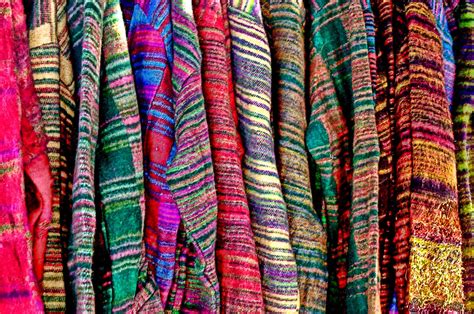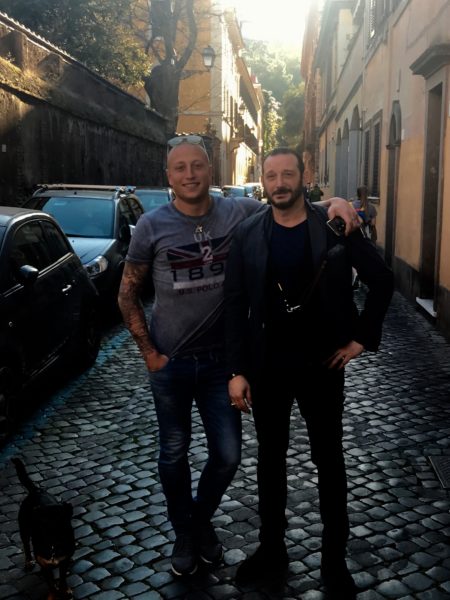
Depression. Anxiety. Despair. We are familiar with the morass of emotions regarding old systems and beliefs that separated us and no longer work, and new creative ideas and ways that connect us but are not yet fully developed. We know things must change, but it’s often difficult to imagine ‘how’ when it seems the “powers-that-be” are so entrenched and destructive.
This morning, I was feeling pretty sad, thinking of the Japanese nuclear meltdown and the U.S. obsession with war. Just yesterday, as one small example, 165 Trident missiles were shot into Libya at $1.5 million each, or $250 million dollars (just a tip of the iceberg of the day’s military expenditures). How can we reconcile this recklessness and dollar expense with the death and destruction of Libyan lives and the fact that every aspect of our society needs rebuilding? We can’t. It doesn’t make any sense… except if we see it as the old story that is passing away.
“When something is almost finished, it takes on an extremely grotesque appearance. We are in the death throes of the civilization we’re living in. As institutions and systems crumble, we are in a world in transition,” says Charles Eisenstein, author of “Ascent of Humanity”, about the history and future of civilization from a unique perspective: the evolution of the human sense of self.
This morning, I had the pleasure of hearing Eisenstein speak, sponsored by Journey Santa Fe at Santa Fe’s Travel Bug store.
Eisenstein, 44, sees this time in history as one of great transformation. He is hopeful, but not idealistic; visionary, but not unrealistic. His message encourages us to see what is passing away and what is being born, recognizing we are in a liminal state; on the threshold of turning from systems of exploitation and separation to those of co-creation and mutual care.
Looking at what has been and no longer works, Eisenstein explained how the money game, based on interest-bearing debt, converts nature to goods and relationships to services, thereby creating scarcity, competition and mindless greed that has separated us from one another.
He talked of those so engrossed with the virtual world that “they do not see or care that earth, ecosystems and people are dying of neglect. We have seen our selves as separate, and even the story of self is ending too. We’re learning this painfully.”
The importance of stories
“We don’t believe in the old stories, but we don’t have the new stories yet,” said Eisenstein, holding out the vision that our new story contains and embeds a new story of the people, connected. He is sure that “We are here to love and co-create our relationship with earth.”
There are many examples of how things are changing and we are acknowledging the importance of our hearts. He cites “alternative medicine” and “holistic approaches” which many people in our society now seek. Another example is hospice. You can ask your logical mind, “What difference does it make to be with a dying person?” Our hearts know this is significant but our minds don’t understand. As we’ve all experienced, our mind argues with our heart. It is time, he contends to guide our choices in a different way.
So, how do we make this transition, to write and tell this new story of the people connected? “This is evolutionary,” said Eisenstein. “We need to undo the ideology of separation, undo the old stories, listen to our heart and what it wants to say, “yes!” to. We need to cultivate the connected self.”
The role of the Gift
His idea for cultivating the connected self, or community, is recognizing the role of the Gift. Eisenstein explains, “In traditional money-based economy, if there’s more for you, there’s less for me. In the gift-based economy, if you have more than you need, you give it away. Ecology works like this. We know this but we don’t believe what we know.
“Most of us spend our lives doing things we don’t really believe in… for the money. I’m pretending to care because I’m paid to. You find yourself asking, ‘What about MY life?’ If your gifts are not totally expressed and received, you feel you’re not living your life.
“Our desire is to want to give and enact our purpose here. Community is woven from gifts and stories, and reliance on one another. In our society, money replaces the need to need or appreciate another – ‘I paid you!’ Gift creates a tie. I feel gratitude for the knowledge of having received, and give in return.
“Gift expands self. Greed becomes insane. To give and receive is balance. To refuse gifts is stingy, selfish, rude. Give your gifts. Trust your desire to give, and the universe responds to it. Visualize to ready yourself to say ‘yes!’”
How do we infuse today’s world with properties of the Gift?
In a word: Appreciation. In my experience – as a human, a woman, a writer, a coach, someone for whom the human story is endlessly fascinating and human relationships of kindness and decency supremely important – I am in full agreement with Charles Eisenstein that changing the grotesque old story of separation and disconnection to a new one of love and connection begins with appreciation of one’s self and the world we each create moment-by-moment through our thoughts, words and deeds.
May we each hold the vision Eisenstein articulates of reunion, not separation. We know that old game and it’s not working. It’s time to wake up, listen to our hearts and share and receive our gifts. I welcome your thoughts below!
Eisenstein’s new book, “Sacred Economics” is due out July 2011. To read more about all this and get connected, I recommend his blog, Reality Sandwich, “evolving consciousness, bite by bite, counteracting the doom-and-gloom of the daily news.”



Thank you Aysha. This was comforting to read on a Monday morning. We can learn a lot from other cultures that value connection and community much more than we do. The US has always been a country of “lone individualists,” but we’ve carried this credo to a grotesque extreme, tearing the fabric of our society.
Jann, indeed. I think that despite the “mainstream” nonsense, there are many Americans who see the need and share the desire to shift our money-grubbing self-destructive systems to communities are actually care about and for one another. At least, I hope there are!
Aysha,
Thank you lady for encapsulating some of these inspiring ideas. How you began this blog directly reached out to exactly what i feel every time i sit down to read the news. it can be overwhelming at times! however this offered the kind of hope, realistic hope, that we all need to feel in today’s world. when i get bogged down with these issues i always have to take a moment to step back and look at the bigger picture, “the old and new story”. it sounds like this is what he is drawing us to. your blogs are so immensely important. thank you for all that you do for humanity! love you and miss you.